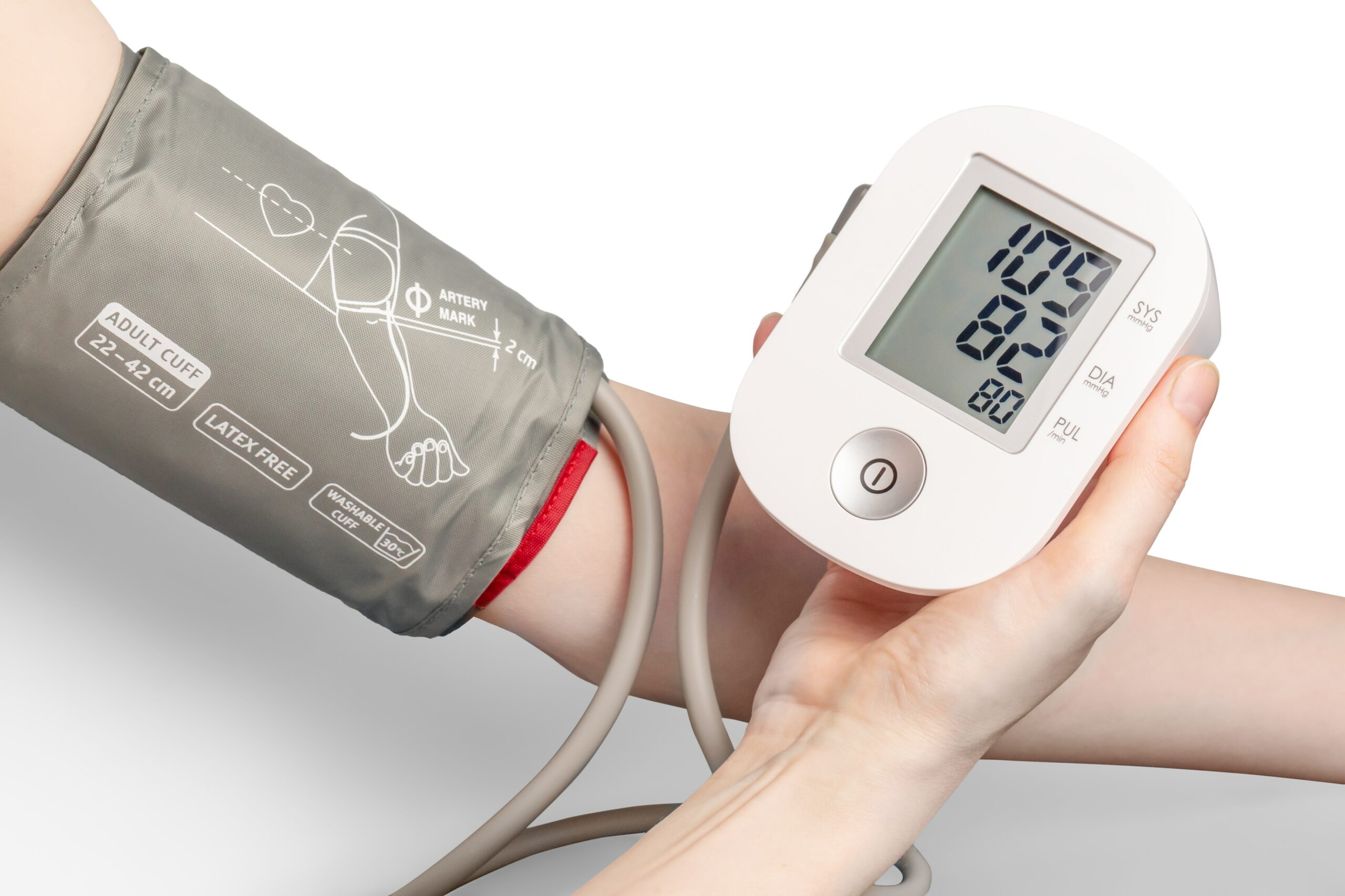It is estimated that nearly one in three adults in the United States have high blood pressure, and many do not even know it. While high blood pressure is very common, it is a highly treatable condition with blood pressure medications and a healthy lifestyle. Let’s take a look at some of the most frequently asked questions about high blood pressure.
What is high blood pressure?
Your blood pressure is the force of blood against your blood vessels. High blood pressure (hypertension) describes an abnormally high force, which can lead to damage in the blood vessels and damage your heart.
Blood pressure is measured with two different numbers: systolic and diastolic. The top number or systolic tells how much pressure is being put on your arteries as your heart beats. The bottom or diastolic number measures how much pressure is placed on your arteries in between your heartbeats.
What are the two types of high blood pressure?
There are two types of elevated blood pressure.
Primary hypertension
Primary hypertension is high blood pressure that develops for no identifiable reason. The condition tends to develop gradually over many years.
Secondary hypertension
Secondary hypertension describes high blood pressure that results from an underlying medical condition, such as kidney disease, thyroid disorders, or obstructive sleep apnea. You can also develop secondary hypertension if you use certain medications or illicit drugs.
When should I seek treatment for high blood pressure?
Because you can have high blood pressure for years before you develop symptoms, you should schedule routine blood pressure screenings with your doctor. Physicians can check your blood pressure at regular intervals and during your annual physical. You also need a diagnostic evaluation if you have unexplained symptoms that can relate to high blood pressure levels, such as:
- Headaches
- Dizziness
- Nosebleeds
- Shortness of breath
These symptoms can mean that your blood pressure levels are very high and put you at risk for heart damage and other complications. The physicians at Greenbrook Medical spend time reviewing your personal and family medical histories, and your existing health, and perform a physical exam. They may also request blood work and other diagnostic tests to identify underlying health issues contributing to high blood pressure.
How is high blood pressure treated?
There are steps you can take to lower your blood pressure naturally, such as incorporating more fresh fruits and vegetables into your daily diet and getting at least 30 minutes of exercise a day.
Suppose lifestyle and diet changes aren’t enough to control your blood pressure. In that case, Greenbrook Medical providers may prescribe medications to relax your blood vessels to improve your circulation or to help eliminate excess fluids from your body. If you have existing health conditions like diabetes that contribute to high blood pressure, the physicians can customize a care plan to treat it. They can also provide you with resources to achieve and maintain a healthy body weight.
What are the risk factors associated with high blood pressure?
There are several risk factors that increase your chances of developing high blood pressure. These include the following:
- Obesity
- High salt diet
- Little to no physical activity
- High alcohol consumption
- Stress
If you think you are at risk for developing high blood pressure or suspect you may have it, don’t delay in making an appointment with your doctor. At Greenbrook Medical, our doctors can teach you how to monitor your blood pressure at home and help you identify the warning signs of high blood pressure. They will work with you on a treatment plan to bring your blood pressure levels under control to minimize your risk for heart disease and other complications. Call the office or request an appointment online for a blood pressure screening today.






